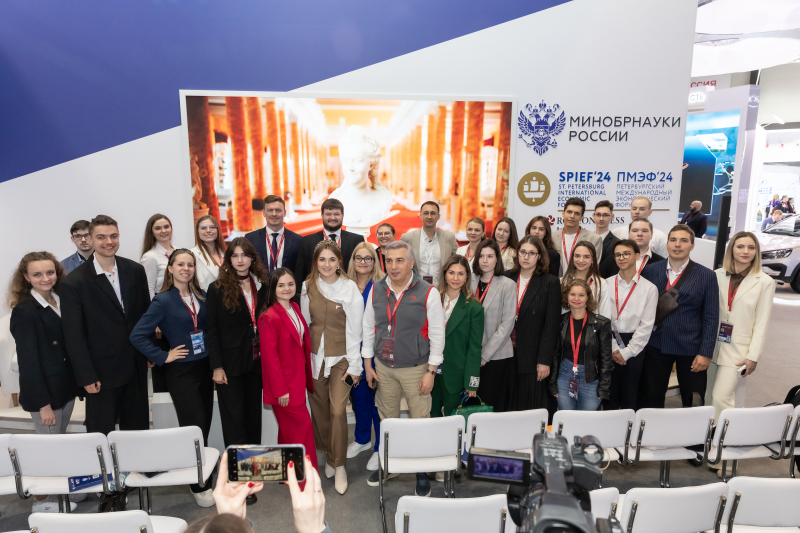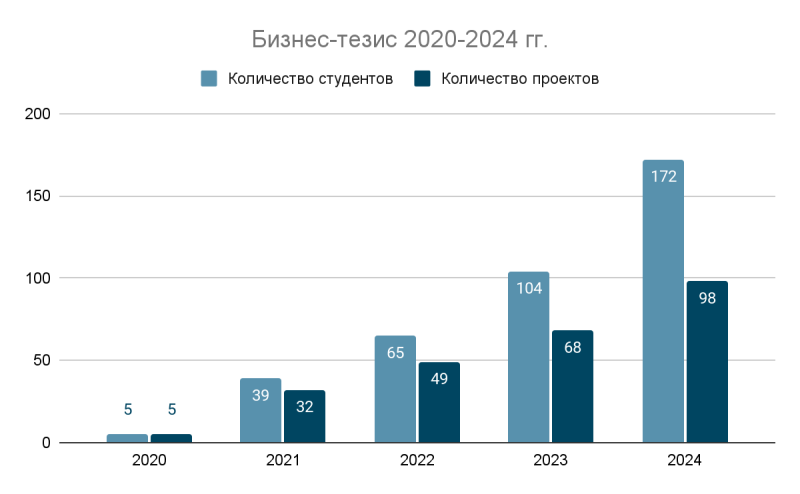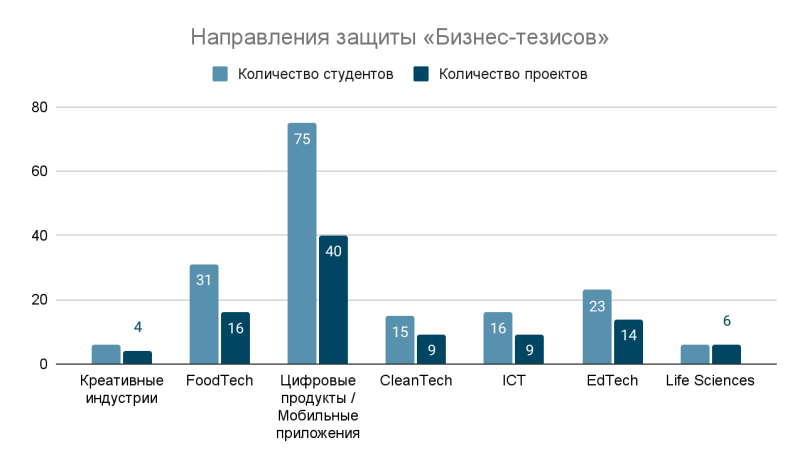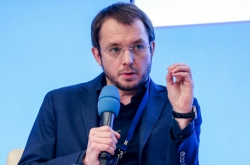Contents
Startup as Thesis initiative
The federal program Startup as a Thesis appeared in 2017 to encourage student entrepreneurship and support early-stage businesses. ITMO University joined the initiative in 2019, becoming one of the first universities to allow students to develop their own business projects and defend them as theses. Within four years, the list of program participants grew to include 40 universities in 25 regions of the country.
Business Project as Thesis at ITMO
Business Project as Thesis is one of the university’s projects aimed at developing student entrepreneurship along with the program Platform for Technological University Entrepreneurship.
Instead of defending a traditional paper, ITMO students can take advantage of the opportunity and implement their own startup ideas whilst still at university. During the final year of study, program participants work on their business projects under the guidance of supervisors and experts, who may be seasoned entrepreneurs, specialists, or corporation representatives.
There were only five students who joined the initiative in the first year of the program, 2020, whereas four years later, their number grew by more than 30 times. Among the 2024 projects were an AI meeting sympathizer, a labs-on-a-chip platform for molecular diagnostics, and a smart terrarium with an app where users can adjust terrarium conditions for each species.
A total of 385 projects by students from over 20 educational programs were defended over the last five years. The submitted projects covered various topics, including digital products, mobile apps, foodtech, cleantech, edtech, life sciences, and creative industries.
How to apply
All ITMO students, regardless of their specialization or degree, can submit their projects or startup ideas to the program. Students do not need to register a minimum viable product (MVP) or legal entity. They can work on a project independently or as part of a group of up to five people. A team can consist of students from different faculties who will be responsible for different aspects of the work, be it economic or technical.
Project requirements
-
the idea must be deeptech, that is, a solution to a business and social problem based on cutting-edge technologies;
-
the idea cannot be a conventional business, such as a family clinic or a coffee shop;
-
the idea must be relevant and original, as well solve a socially important problem;
-
the idea must correspond to the student’s educational program. Students cannot defend a project in a field other than the one they specialize in as they need to confirm the acquired competencies in order to receive their diploma.
Students who want to defend their business projects need to take the following steps:
-
apply for the program via this form. Your application must include personal information, the name of your project, a brief description of your idea, and information on the stage your project is currently at;
-
wait for the decision of the Expert Council;
-
submit your thesis’s topic to ISU;
-
participate in the intensive educational program Advance Your Business Thesis, which includes open lectures by top entrepreneurs and a three-month-long mentorship program for your project;
-
attend a preliminary defense during which you will need to report on your work progress to advance to the final defense;
-
present your project at the final defense.
“At Advance Your Business Thesis, students interact with mentors, both ITMO’s academic staff and guest experts, who share their knowledge and skills, as well as help them finalize their projects. Apart from that, students can also take one-on-one or group consultations to find out how to monetize their products, bring them to the market, take part in grant competitions, and develop an MVP. Here they learn to identify their target audience, adapt their ideas to the market’s needs, and make them real,” notes Daria Stazharova, the head of the program.
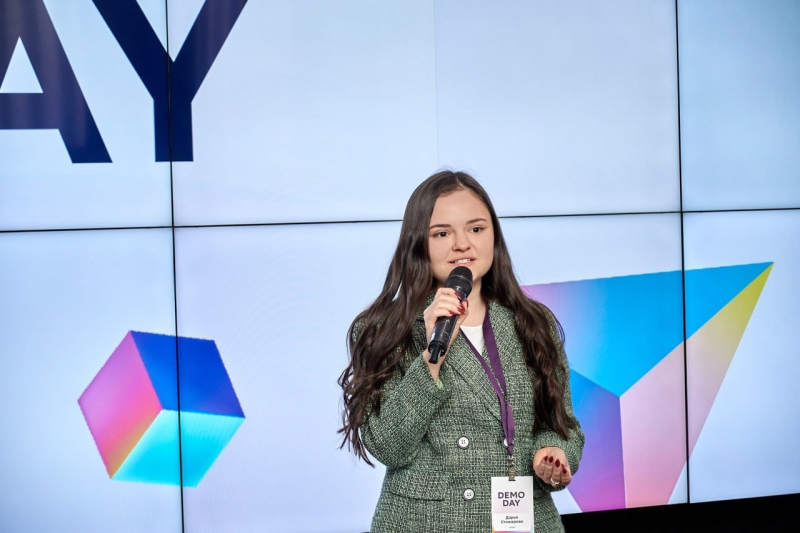
Daria Stazharova. Photo by Ivan Stupa / ivanstupa.ru
The consultations are a chance for students to learn from experienced specialists, as well as find investors and commercial partners. By 2024, the expert community of the program rose to 160 people, most of whom are from specialized companies.
The board also includes ITMO graduates who also participated in the initiative and decided to share their stories of success or, on the contrary, speak about mistakes they made along the way.
As emphasized by the program’s head, one of the major benefits that participants get is support throughout the key phases of their projects.
“ITMO has all the facilities needed to help students implement their ideas. We have the Faculty of Technological Management and Innovations, Technopark, ITMO Accelerator, the Technology Transfer Center, the Legal Department, and so on. Few universities offer the same opportunities,” comments Daria Stazharova.
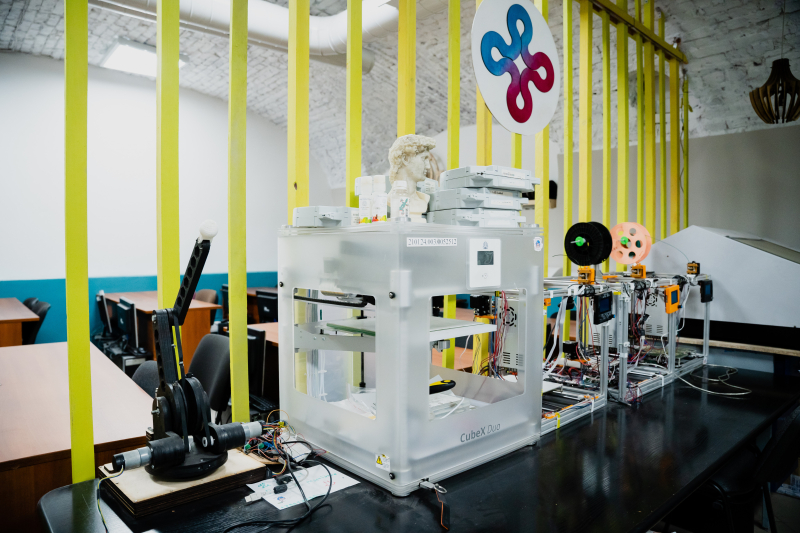
ITMO Technopark. Credit: ITMO NEWS
What’s next
Upon a successful defense of their startup, students are awarded a state-recognized diploma by ITMO University. But that is just the beginning of their business. They can then apply for other grant contests such as the federal competition Student Startup, accelerator programs, and contests by the Social Projects Support Fund, the Internet Initiatives Development Fund, or Sberbank, AGAMA.RUN business incubator, etc.
According to Daria Stazharova, this ecosystem is built in such a way that students are first assisted to develop their ideas at the university and then expand nationally and receive support from the state or attract investments.
“The process is rather smooth: first, students attend workshops by the Platform for Technological University Entrepreneurship to learn more about entrepreneurship and startups, then they enter accelerator programs, after which, once they formulate the concept of their project, they can defend it and, if everything works out, sign up for the national grant contest Student Startup or win a million-worth grant to develop their project,” explains Daria Stazharova.
This year, ITMO graduates Alexander Stashishin (IRecipe), Anatoly Mikhailov (Manager AI), Danila Kalinikin (AutoPatent), Ekaterina Grigorieva and Evgeny Gutin (AiGenda) presented their startups to investors at the 13th AIM Congress in Abu Dhabi, UAE, and received grant and investment support (2.5 million rubles for Manager AI, 10+ million rubles for AutoPatent, and 400,000 rubles for AiGenda) for their further development.
Alsu Nazyrova and Victoria Azaryan (ReRICE) along with Alexey Filonov and Marina Kuranova (byScoby) became the finalists of the first national contest Startup as Thesis and were awarded a one-million-rubles grant; the projects by 12 graduates made it to the top 1,000 best startups; and Irina Suslova, Daniel Seidov, and Ekaterina Morozova represented ITMO at the St. Petersburg International Economic Forum (SPIEF) as part of the pitch session Startup as Thesis. Additionally, Irina Suslova and Daniel Seidov also received a grant of one million rubles.
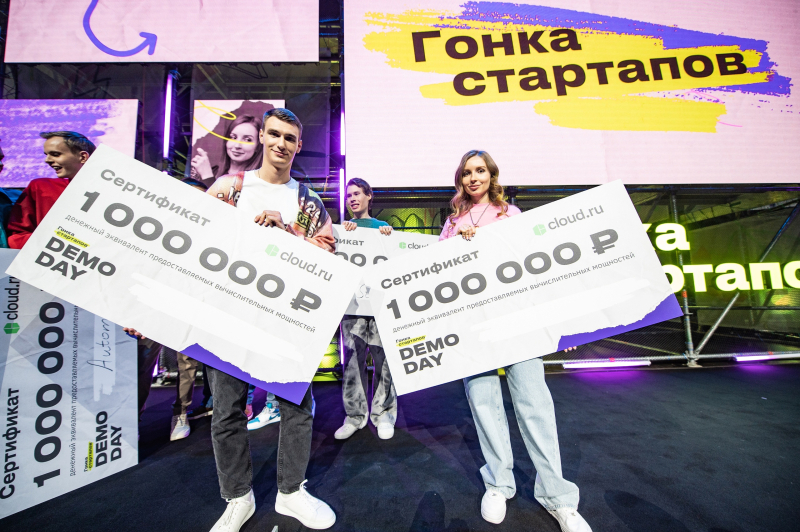
Yulia Khlyupina. Credit: Поколение Tech I Бизнес для молодежи / vk.com/generationtech
According to data compiled by the analytical project Startup Genome during the past 10 years, only one in ten startups succeeds within their first year. As estimated by the program’s curators, half of the projects launched by students shut down in the first year and another 30% – in the next year; the remaining 20% continue to live and flourish. This is considered a great figure for a startup survival rate.
As for ITMO startups, Yulia Khlyupina continues to develop her virtual public speaking coach called Speech Up. In 2024, her team received a grant of 1 million rubles from Sberbank and 12 million rubles in funding at the Demo Day of the SberStudent accelerator for students and university staff. By 2027, the team plans to enter the international market with a hybrid educational platform.
